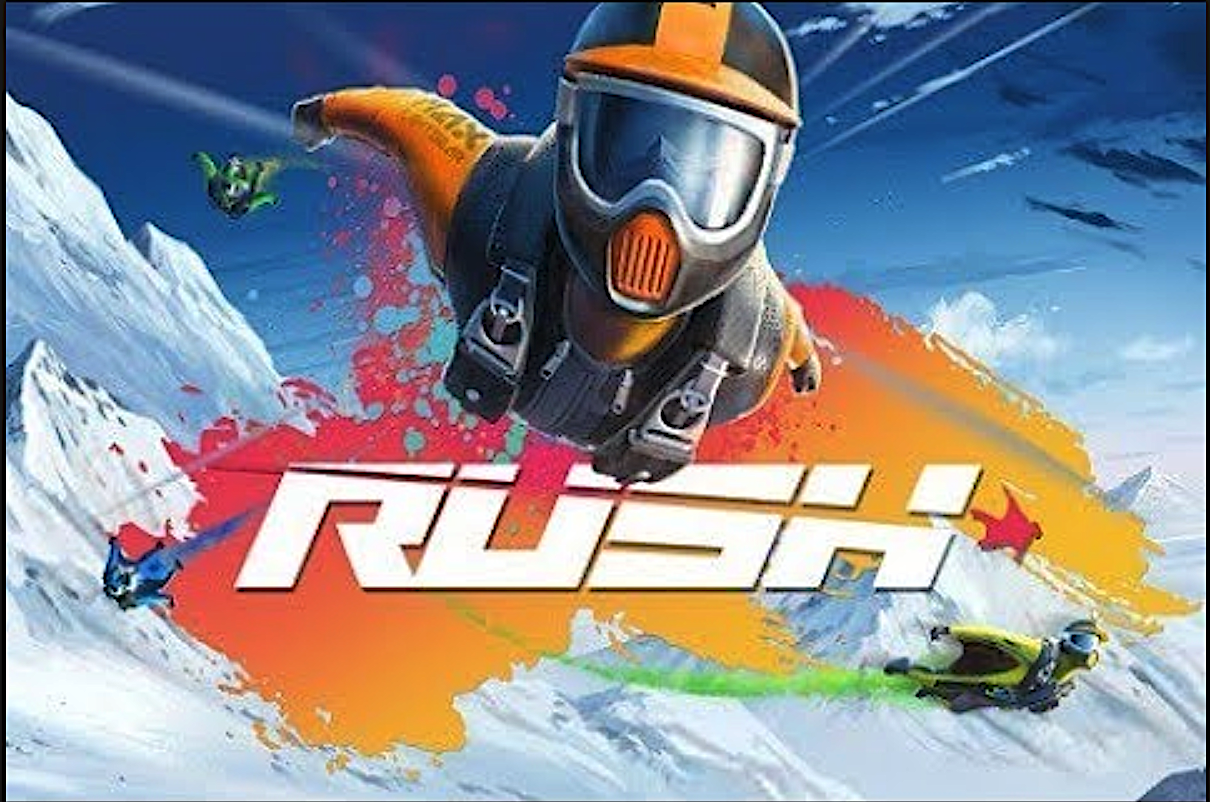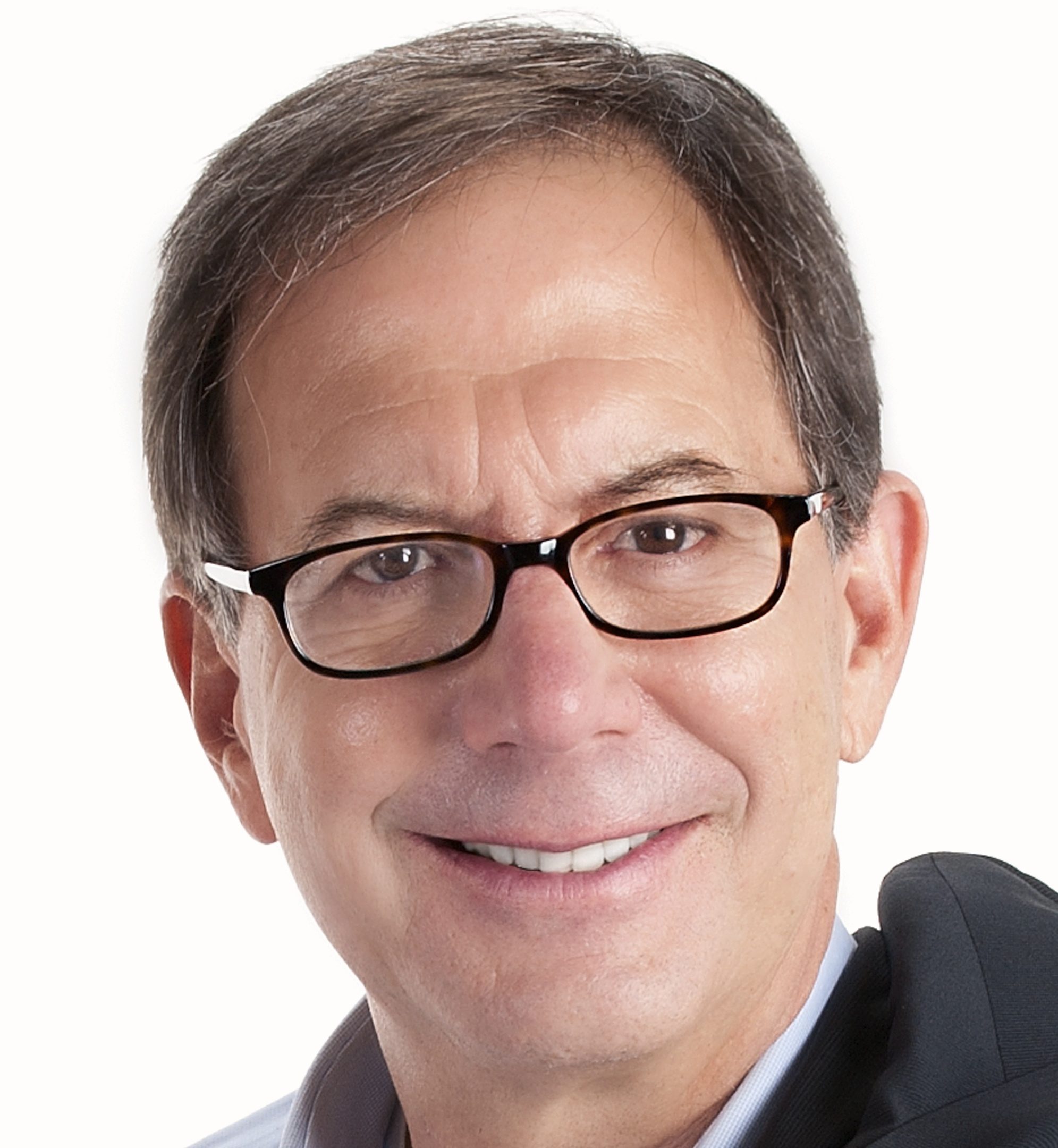By Mark Goulston

Addicting the masses to adrenaline is like turbocharging a toddler’s tricycle
- Revenge of the Nerds 1.0 — Gates and Jobs
- Revenge of the Nerds 2.0 — Zuckerberg, Musk and Bezos
Suicide awareness is higher than it’s ever been and yet the rates of suicide are climbing.
What’s going on?
Once upon a time, and well before the Internet exploded on the scene in 1991, behaviors such as tenderness, compassion, patience, intimacy and even love making were commonplace and led to pleasure.
Those emotionally connecting behaviors were mediated through oxytocin which is a hormone connected with bonding, emotional connectedness and closeness and the pleasure they produced is an experience mediated by the neurotransmitter, dopamine.
Around the same time as oxytocin was creating pleasure in relationships, computer nerd/four-pencil-in-their-pocket/acne-ridden/can’t-attract-any-hot-chicks or even a date geeks, roamed around Radio Shacks and couldn’t wait to get their hands on the latest Heathkit product (to them it was like a new iPhone) and were not particularly bothered by their social and interpersonal disconnectedness or lack of hygiene.
Why?
Because oxytocin, emotional connection and/or intimacy figuratively and literally, just didn’t and still doesn’t compute with these individuals.
However, the excitement of discovering or creating a new technology and the adrenaline rush that fueled it more than made up for what the “cool” kids were doing at their parties.
Over time, the Nerds have found revenge on a couple fronts.
- Long seen and ridiculed as “wierdos,” they have now seized money, power, “hot women” and most importantly the imagination of the world. Once on the outside looking in, they now run the world.
- Not being able to understand, experience or be distracted by emotional closeness, they have succeeded in seducing the rest of the world into their world where they are the masters. In their world excitement and adrenaline rushes not only eclipse emotional closeness, they jettison it, replacing joy with fun, intimacy with intensity, peacefulness with exhaustion and human being with human doing.
As a result, oxytocin and closeness no longer fuels dopamine and pleasure, adrenaline does.
Adrenaline is very volatile and mercurial. In fact, the only thing more potent than the excitement of an adrenaline rush — which triggers dopamine/pleasure — is the agony from an adrenaline crash — which triggers stress, elevated cortisol and causes the amygdala in our emotional brain to hijack us away from reasoning our way through the crash. Instead we are hijacked into intense emotionality and fight or flight or freeze.
How is this killing us?
It’s not exactly killing us. It’s making our teenagers, young adults and can’t-sit-still celebrities more likely to kill themselves through suicide, hanging, opiate overdoses, etc.
That’s because when you suddenly go from an adrenaline rush to an adrenaline crash, you become agitated and you can’t calm yourself unless you dope yourself up with opiates (or something like a Propofol/Lorazepam combination that Michael Jackson used to try to calm himself down).
In the past, that intense crash could be eased through compassion, empathy and supportive communities like AA or other 12 Step Groups, but the agitation and impatience in teens and young adults causes them to look for something that will more immediately kill the pain even if it means killing themselves.
Further evidence to reinforce how an adrenaline driven culture is pushing us to the brink is the increasing research that reveals how widespread loneliness is and goes on to describe its negative effects on physical and mental health that crosses well over into anxiety, depression and suicide.
To get a greater grasp on this, imagine raw psychological and emotional pain and hurt escalating so that you will do anything to get it out of your head.
Then imagine it becoming ten times more intense so that instead of trying to get the hurt out of your head, it becomes so excruciating that you end up getting your head out of the hurt… by getting rid of your head through suicide.
What can be done?
In my decades of work as a “boots on the ground” psychiatrist specializing in depression and suicide prevention, I have increasingly noticed that when someone is deeply stuck in the hurt in their head, activities, solutions, treatments sometimes work temporarily, but often do not stick.
In some cases, they are like putting “lipstick on a pain” and because of that, some patients who have been tried on a wide range of medications and psychological treatments become increasingly skeptical and cynical of any treatments that attempt to alleviate their internal pain with an outside-in approach.
I’m not saying these treatments should be abandoned because they do offer symptom and even immediate relief (for instance with the new excitement of Ketamine for treatment resistant depression), temporary although it might be.
What I am saying is that if instead of treating their pain from their outside in through external treatment, you can go into the depth of their psychic pain and compassionately connect with them there and keep them company in that pain, they will frequently begin to cry with the relief from not feeling so alone. That can start them on the road to healing vs. merely coping.
Pain is pain and suffering is feeling utterly alone in pain. If you’re able to penetrate the aloneness in people by helping them feel not just understood, but “feel felt,” suffering they can’t live with, becomes pain they can.
AI and technology can greatly assist with this, but to do so it needs to be informed by oxytocin and bringing us closer to each other instead of adrenaline which merely excites us but leaves us lonely in its wake.
Mark Goulston is the author of “Just Listen” Discover the Secret to Getting Through to Absolutely Anyone and hosts the “My Wakeup Call” and “Stay Alive” podcasts.

